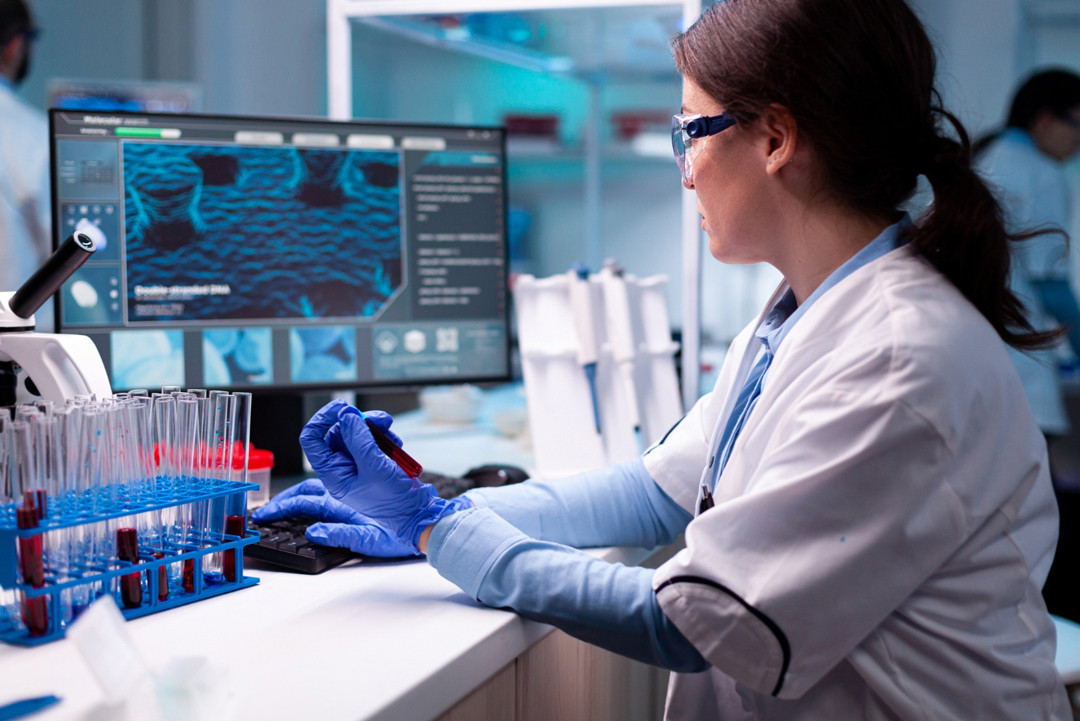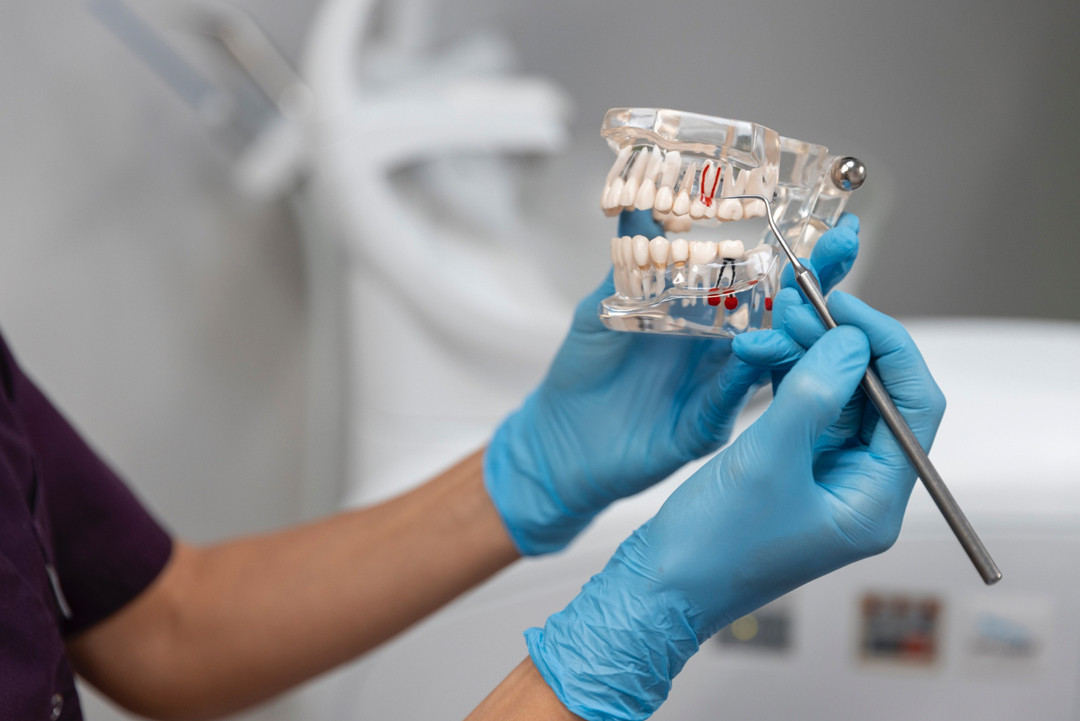What is Medical Biochemistry?
Medical biochemistry is a critical branch of medical science that examines the chemical and biological processes within the human body. It plays an essential role in understanding cellular functions, organ systems, and disease mechanisms.
This field is indispensable in modern medicine, as it aids in:
- Diagnosing diseases.
- Monitoring disease progression.
- Evaluating treatment efficacy.
- Developing new therapies and drugs.
Biochemical testing is integral to routine healthcare, with busy laboratories analyzing blood, urine, cerebrospinal fluid, and other body fluids to detect abnormalities.
Diagnostic Methods in Medical Biochemistry
Biochemistry laboratories perform a wide array of diagnostic tests, including:
- Complete Blood Count (CBC)
- Analyzes red and white blood cells, platelets, and other blood components.
- Identifies anemia, infections, and other conditions.
- Urine Tests
- Measures substance levels (e.g., pH, protein) to detect urinary tract infections, kidney disease, and other issues.
- Stool Tests
- Detects blood, bacteria, or viruses in stool samples, aiding in gastrointestinal evaluations.
- Kidney Function Tests
- Evaluates urea, creatinine, and mineral levels like sodium and potassium to assess kidney health.
- Liver Function Tests
- Measures bilirubin, ALT, ALP, and albumin levels to diagnose liver conditions.
- Serological Tests
- Identifies immune responses and infections, such as hepatitis and HIV.
- Hormone Tests
- Examines levels of TSH, estrogen, testosterone, insulin, and pregnancy hormones.
- Tumor Markers
- Detects enzymes, antigens, and hormones in the blood to screen for cancers.
- Cardiac Enzyme Tests
- Evaluates enzymes linked to heart health for diagnosing cardiovascular diseases.
- Electrolyte Tests
- Assesses the body’s acid-base balance and organ function.
- Regulatory Impact Analysis (RIA)
- Uses radioactive markers to evaluate molecular functions and diagnose complex diseases.
Role of Medical Biochemistry in Diagnostics
Medical biochemistry is crucial in understanding disease mechanisms and advancing diagnostics. Key contributions include:
- Metabolic Disorders
- Identifies conditions like diabetes and thyroid dysfunction through glucose and hormone level analysis.
- Liver and Kidney Disorders
- Monitors organ function by measuring enzymes like ALT for liver and creatinine for kidneys.
- Anemia
- Diagnoses through iron, vitamin B12, and folate level evaluations.
- Cancer Diagnosis
- Uses tumor markers like PSA for prostate cancer and CA-125 for ovarian cancer.
- Nutritional Deficiencies
- Detects vitamin and mineral imbalances, such as low vitamin D or iron.
Benefits of Medical Biochemistry
- Early Detection: Identifies diseases in their initial stages for timely treatment.
- Personalized Medicine: Enables tailored treatments based on biochemical profiles.
- Drug Development: Facilitates the creation of targeted therapies.
- Comprehensive Monitoring: Tracks disease progression and treatment outcomes.
Medical biochemistry continues to evolve with advancements in technology, driving innovation in healthcare diagnostics and treatment. Its impact ensures precise and efficient care for various medical conditions.


















